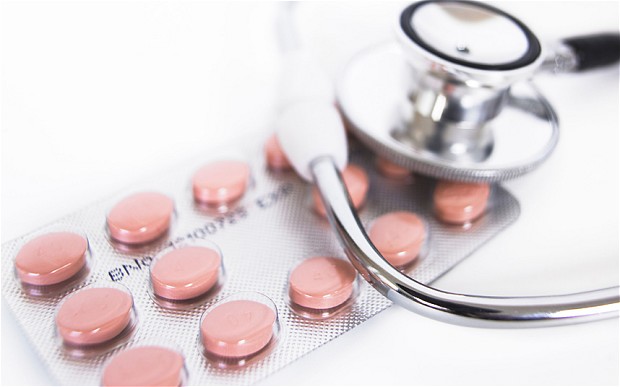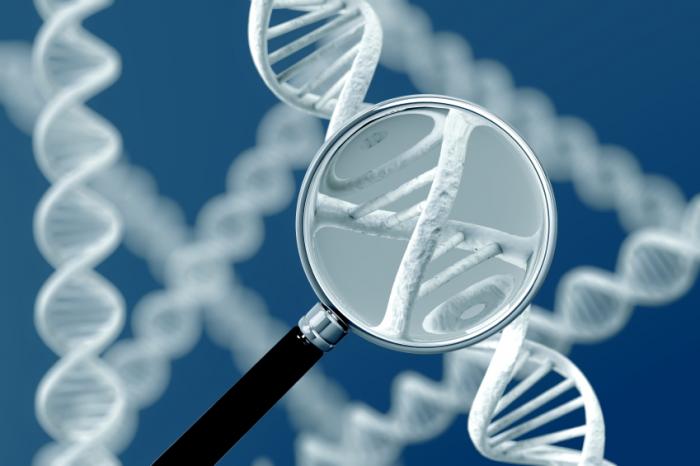Eating Biscuits & Cakes Damage Your Memory
Fats found in some biscuits, cakes and processed foods could have a harmful effect on memory, researchers have warned.
The fats, known as trans fats, are used both in processed food and in restaurants, often to improve the texture, shelf life or flavour. They are created when hydrogen is added to vegetable oil to make it more solid, which is why they are often called partially hydrogenated oils. Now, a study of 1,000 healthy men aged under 45 found those who ate the most trans fats had worse scores in a word memory test. The link remained after taking account of age, education and depression. Study leader Dr Beatrice Golomb, of the University of California, San Diego School of Medicine, said: ‘Trans fats were most strongly linked to worse memory, in young and middle-aged men, during their working and career building years. ‘From a health standpoint, trans fat consumption has been linked to higher body weight, more aggression and heart disease. ‘As I tell my patients, while trans fats increase the shelf life of foods, they reduce the shelf life of people.’ The research team studied adults who had not been diagnosed with heart disease. They were asked to complete a dietary questionnaire, from which the researchers estimated participants' trans fats consumption. To assess memory, researchers presented participants with a series of 104 cards showing words. Each person had to state whether each word was new or a word duplicated from a previously seen card.
Each additional gram a day of trans fats consumed was associated with an estimated 0.76 fewer words correctly recalled. For those eating the highest amounts of trans fats, this translated to an estimated 11 fewer words – a reduction of 10 per cent in words recalled compared to adults who ate the least trans fats. The average number of words correctly recalled was 86, according to research presented at the American heart Association’s Scientific sessions 2014 in Chicago. Trans fat is widely considered the worst kind for your heart, even worse than saturated fat, which can also contribute to heart disease. The UK food industry in recent years has reduced or eliminated industrially produced trans fats in foods. Current dietary surveys suggest consumption levels provide less than one per cent of food energy, below the recommended two per cent maximum – about 5g a day. The Food and Drug Administration is taking further steps to reduce the amount of artificial trans fats in the US food supply. Written By Jenny Hope Retrieved From:
|
|


















